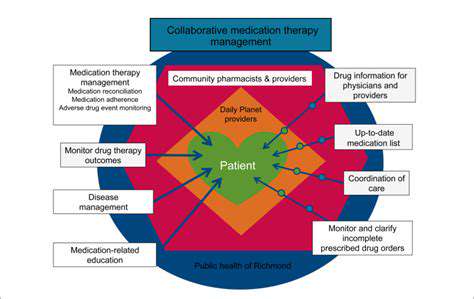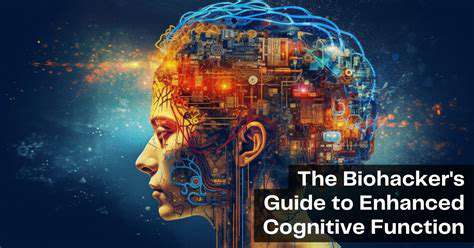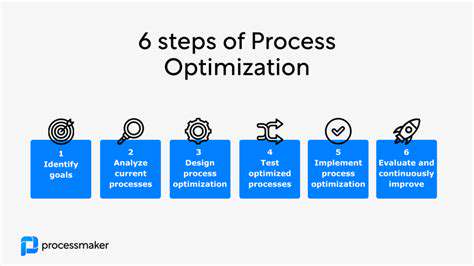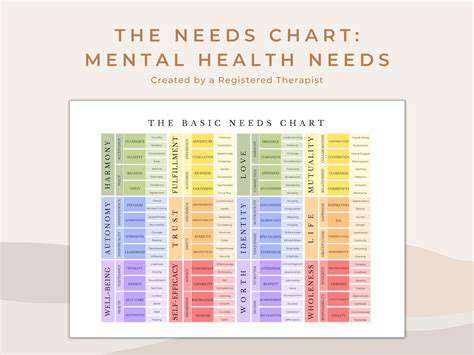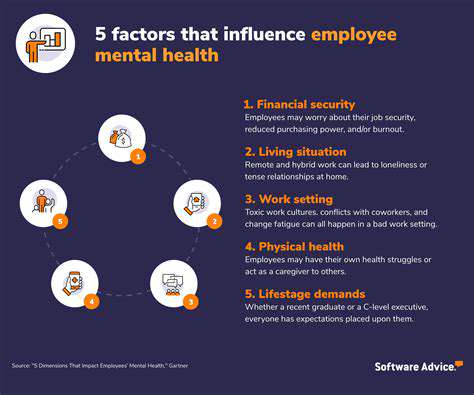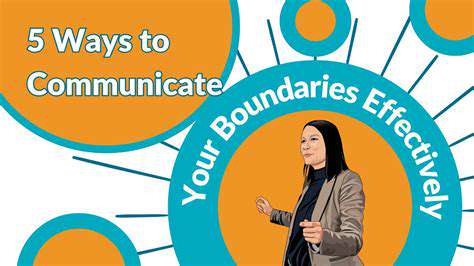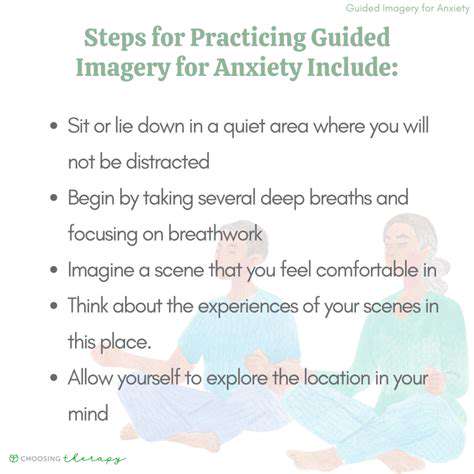Developing Emotional Intelligence: Understanding Your Feelings
Self-awareness is the cornerstone of emotional intelligence. It involves recognizing and understanding your own emotions, as well as how those emotions might impact your thoughts and behaviors. This understanding allows you to identify your strengths and weaknesses, and to acknowledge the triggers that might lead to emotional reactions.
Acknowledging your emotional triggers is a critical aspect of self-awareness. By understanding what situations or people tend to elicit strong emotional responses, you can proactively manage your reactions and avoid letting them derail your actions or judgments.
Self-Regulation: Managing Your Emotional Responses
Self-regulation involves controlling or redirecting disruptive impulses and moods. It's about managing your emotions effectively, rather than letting them control you. This includes techniques like deep breathing exercises, mindfulness, and cognitive restructuring to help you stay calm and focused, even in challenging situations.
Motivation: Driving Yourself Towards Goals
Motivation, in the context of emotional intelligence, is about recognizing your own intrinsic drives and goals and persistently striving for them. This often involves understanding what truly energizes you and aligning your actions with your values.
Empathy: Stepping into Another's Shoes
Empathy is the ability to understand and share the feelings of another. It involves recognizing and acknowledging the perspectives of others, even if they differ from your own. Developing empathy is essential for building strong relationships and fostering effective communication.
Cultivating empathy involves actively listening to others, considering their viewpoints, and trying to understand their motivations. This skill is fundamental for navigating social situations and building harmonious interactions.
Social Skills: Navigating Relationships
Social skills encompass the ability to build and maintain positive relationships. This includes effective communication, active listening, conflict resolution, and teamwork. Strong social skills allow you to build rapport with others, collaborate effectively, and navigate interpersonal dynamics smoothly.
The Benefits of Emotional Intelligence
Developing emotional intelligence yields significant advantages in personal and professional spheres. Individuals with high emotional intelligence often experience greater job satisfaction, stronger relationships, and a heightened sense of well-being. They also tend to be more resilient in the face of challenges and more effective in navigating complex social situations.
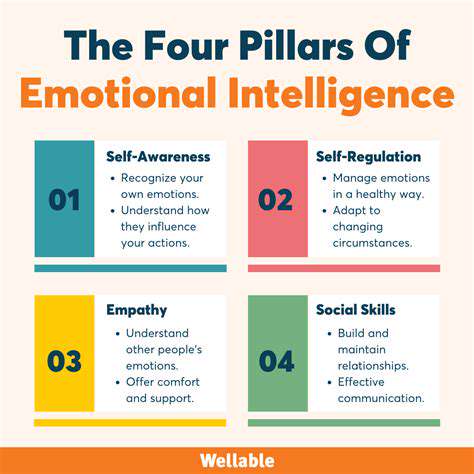

Empathy: Stepping into Another's Shoes
Understanding the Foundation of Empathy
Empathy, a cornerstone of emotional intelligence, is the ability to understand and share the feelings of another. It's more than just recognizing that someone is sad; it involves stepping into their shoes, imagining their perspective, and comprehending the underlying reasons behind their emotions. This fundamental understanding forms the bedrock upon which stronger interpersonal relationships and a deeper comprehension of the human experience are built. Developing empathy requires active listening, an open mind, and a willingness to consider viewpoints that differ from our own.
Cultivating empathy is not a passive process. It necessitates conscious effort to detach from our own experiences and actively engage with the emotional landscape of others. This involves asking clarifying questions, seeking to understand the context surrounding their feelings, and validating their emotional responses, even if we don't fully comprehend them. This active engagement fosters a more profound connection and promotes a greater understanding of the human condition.
Empathy and Emotional Intelligence
Empathy plays a crucial role in developing emotional intelligence. Emotional intelligence encompasses a suite of skills, including self-awareness, self-regulation, motivation, social skills, and empathy. When we understand and share the feelings of others, we are better equipped to navigate social situations with grace and sensitivity. This understanding allows us to respond thoughtfully and appropriately to the emotions expressed by those around us, fostering stronger relationships and smoother interactions.
Empathy, in conjunction with other emotional intelligence components, allows us to better understand our own emotions and how they impact our interactions with others. By recognizing the emotional landscape of those around us, we can better anticipate their needs and respond with compassion and understanding. This interconnectedness is key to navigating the complexities of human relationships and fostering a more harmonious and compassionate environment.
Practical Applications of Empathy
Empathy is not a theoretical concept; it has practical applications in various aspects of our lives. In the workplace, empathy allows us to better understand the perspectives of our colleagues and clients, leading to more effective communication and problem-solving. It allows for a more understanding and supportive work environment and can lead to a surge in productivity and innovation.
In our personal lives, empathy fosters stronger connections with family and friends. By actively listening to their concerns and validating their feelings, we create a safe space for open communication and mutual understanding. This, in turn, strengthens relationships and promotes a sense of belonging and connection.
Empathy also plays a vital role in conflict resolution. By understanding the perspectives of all parties involved, we can identify common ground and work collaboratively towards mutually beneficial solutions. Empathy is an invaluable tool for navigating the complexities of social interactions and resolving conflicts in a constructive manner.

